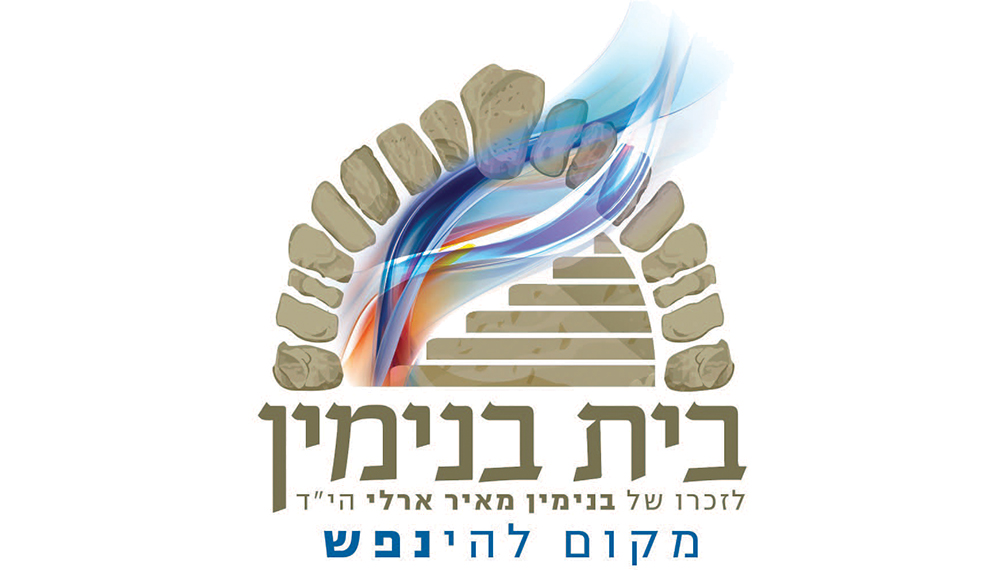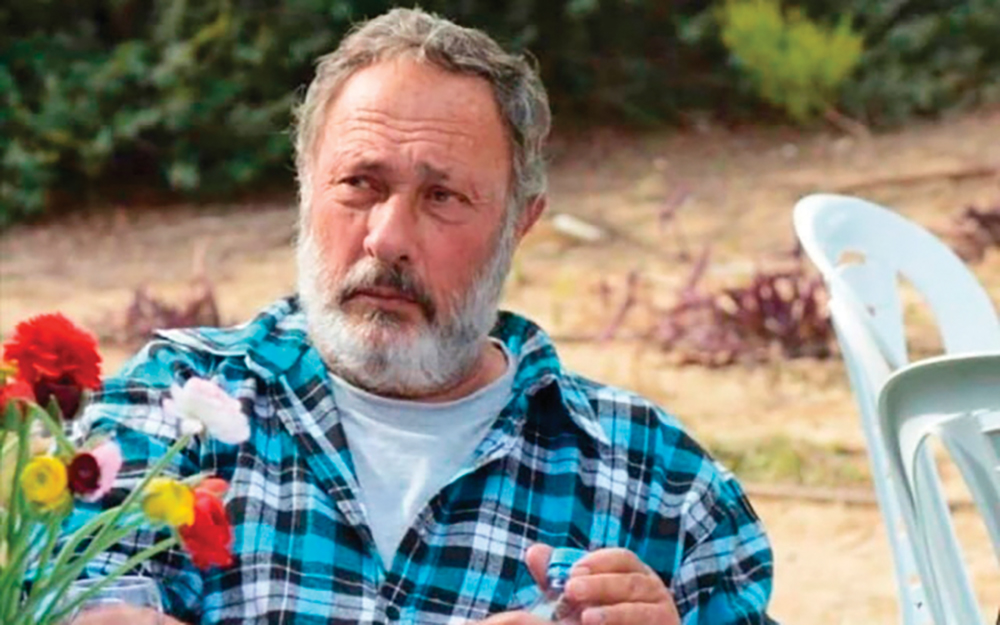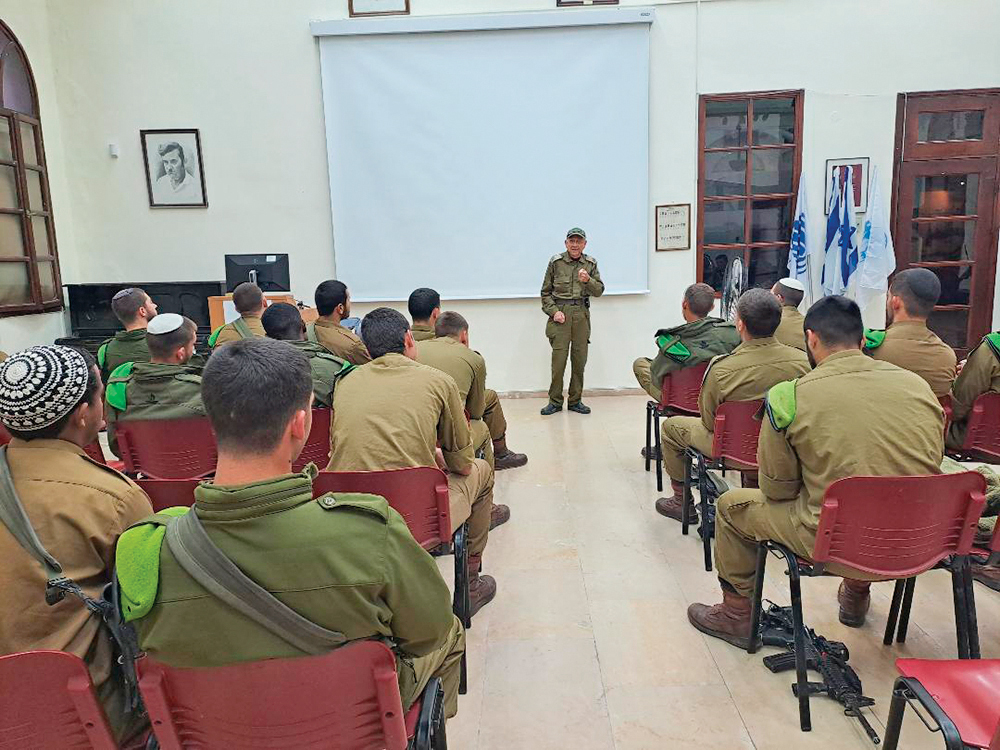Part II
We are in the middle of a story from Counsel to the President (1991) by Clark Clifford, who was an official in the United States administration in the Truman era (and for several decades thereafter).
To recap, Truman’s Secretary of State was George Marshall. He had been general of the United States army and Truman viewed him as “the greatest living American.” Marshall was firmly opposed to Truman’s plan to recognize the new Jewish state. He and the rest of the State Department wanted to turn Palestine over to the trusteeship of the United Nations.
Out of respect for Marshall, the president did not want to overrule Marshall. His plan was to arrange a debate on May 12 in his office between his advisor Clifford and Marshall. He hoped that Clifford would be able to change Marshall’s opinion. If there was a rift with Marshall on this issue and it was leaked, or if Marshall decided to resign over it, Truman’s administration would be much diminished—perhaps even mortally wounded—at this time of great challenge. (Truman was not a president who had been elected. Virtually every American regarded Marshall—then 67—with awe.)
The debate/meeting did not go well. Marshall felt that Truman was only taking his pro-partition position to help court the Jewish vote. He also was angry that Clifford—a domestic policy advisor—was involved in this critical foreign policy decision. He got very angry at the president and acted disrespectfully towards him. Truman knew he had to end the meeting before Marshall, in his highly agitated state, made more inflammatory statements. He closed the meeting and said to Marshall: “I understand your position, General, and I’m inclined to side with you in this matter.”
After Marshall left, Truman said: “I never saw the general so furious. Suppose we let the dust settle a little—then, you can get into it again and see if we can get this thing turned around. I still want to do it. But, be careful. I can’t afford to lose General Marshall.”
Now, to continue our story:
Later that day, the Under Secretary of State Robert Lovett—who had also been present in the debate/meeting—called Clifford. Both agreed that it would be a terrible thing if Truman and Marshall were to break over this issue. Lovett suggested that Clifford come over for a drink to his house that night. Clifford knew Lovett to be a thoughtful man and was happy he was trying to find a solution.
Clifford told Lovett: “Bob, there is no chance whatsoever that the president will change his mind on the basic issue. My presentation today was made at his instruction and represented his views. He wants to recognize the new state. So, all I can say is that if anyone is going to give, it is going to have to be General Marshall, because—I can tell you now—the president is not going to give an inch.” Clifford explains: “Because I saw no value in hinting that compromise was possible, I had stated President Truman’s views more strongly than he, himself, would have. It was essential to turn the pressure back on Marshall, and Lovett was the only channel through which to do it.” Lovett agreed to see what he could do.
The next day, Lovett called with a new suggestion: to make a formal decision to recognize the new state, but to delay announcing it or implementing it for an unspecified period. Clifford rejected that. Then, Lovett suggested recognizing the new state de facto, instead of de jure. Clifford writes: “Here at last was an issue on which I felt we could yield to the state, and said so … The difference—while extremely important to governments in defining and justifying international boundaries—was not something I felt was critical at the moment, since we could upgrade the nature of the recognition to de jure later.” (Traditionally for de jure recognition, there needed to be a stable government, a willingness to honor international obligations and effective control of a recognized territory. The United States granted that to Israel eventually—on Jan. 31, 1949—after the first Israeli election.)
May 13 ended with no resolution of the matter (but no leaks about the severe disagreement between Truman and Marshall). Asked at his press conference what he planned to do the next day when the Jewish state was proclaimed, the president replied curtly: “I will cross that bridge when I get to it.”
On the morning of May 14, the United States government still had not decided what it was going to do at 6 p.m., as Marshall was still opposed to any form of recognition. At 10 a.m., Clifford called Eliahu Epstein—the Jewish Agency representative—to get the ball rolling, in case there would be a recognition that day. He told him to send a letter to Truman before noon, formally requesting the United States to recognize the new Jewish state and to send a copy to Marshall.
Epstein was ecstatic, erroneously assuming that the recognition decision had already been made. (A few minutes later, Epstein called back: “We’ve never done this before … Could you give us some advice?” and Clifford gave him guidance.)
At the time of the formal request, the Jewish state did not have a name yet, so the request was made by “the Jewish state.” Then, Epstein got word that the new state would be called “Israel.” The words “Jewish state” were crossed out and “Israel” was inserted.
Still, there was no word from Marshall and Lovett. Clifford and Lovett decided to go to lunch together to discuss it further. Lovett still expressed his and Marshall’s strong opposition and asked for a delay. (“We might lose the efforts of many years of hard work with the Arabs …”) Clifford responded: “Speed is essential to preempt the Russians.” Clifford reminded him that Marshall and Lovett had recently been expressing great concern that the Soviet Union might take advantage of indecision on the part of the United States and attempt to gain a toehold in the area.
Clifford writes: “Lovett could see that our position was absolutely firm. If the State Department did not change its attitude, the feared explosion between the president and the general could not be averted. He simply had to back down.” But, Clifford returned to the White House still uncertain if Lovett could “deliver” Marshall.
Clifford writes: “Around 4 p.m., Lovett made the telephone call I had waited so long to receive: ‘I have talked to the general. He cannot support the president’s position, but he has agreed that he will not oppose it.’ I was truly thrilled. I thanked Lovett for his efforts, and asked if he could get Marshall to call the president directly with the news. Lovett said he would try. Marshall never did make the call himself—I assume it was too painful for him to do so—but Lovett confirmed Marshall’s position with the president a few minutes later.”
At 6:11 p.m., the president’s press secretary, Charlie Ross, announced to the press: “This government has been informed that a Jewish state has been proclaimed in Palestine … The United States recognizes the provisional government as the de facto authority of the new state of Israel.”
——
Everyone should read the entire first chapter of this book, as I am leaving out much. (PS: Clifford suspects that Lovett got Marshall to go along by convincing him that they both would have to resign if they continued to oppose the president’s policy.)
Mitchell First can be reached at MFirstAtty@aol.com. He would like to thank his friend Sam Borodach for giving him Clifford’s book, which came from the extensive library of Sam’s father, Dr. Gerold Borodach, z”l.











